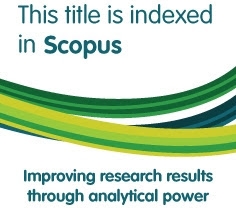Hak Angket Haji: Pilgrimage and the Cultural Politics of Hajj Organization in Contemporary Indonesia
Abstract
The hajj may provide political support for Indonesia’s image building, home and abroad, and invaluable financial resources for the state or state-owned companies, and political concessions between different individuals, groups and institutions. This paper seeks to explain how the case of parliamentary examination of the hajj affairs in 2008 suggests the recent struggle over hajj affairs, in which the hajj has been increasingly seen as one of the nation’s strategic problems. This struggle provides not only a foundation for the state in its improving efforts for the better treatment of pilgrims in hajj affairs, but at the same time it has recently been a medium where many groups and parties exercise the balance of power. Using the Hak Angket Haji, the lawmakers have cast a signal to their Muslim voters that they did evaluate, monitor, and participate in decision making in the country’s hajj affairs.
Keywords
Full Text:
PDFDOI: https://doi.org/10.15408/sdi.v20i3.512
Refbacks
- There are currently no refbacks.

All publication by Studia Islamika are licensed under a Creative Commons Attribution-NonCommercial 4.0 International License.
Studia Islamika, ISSN: 0215-0492, e-ISSN: 2355-6145
View My Stats
